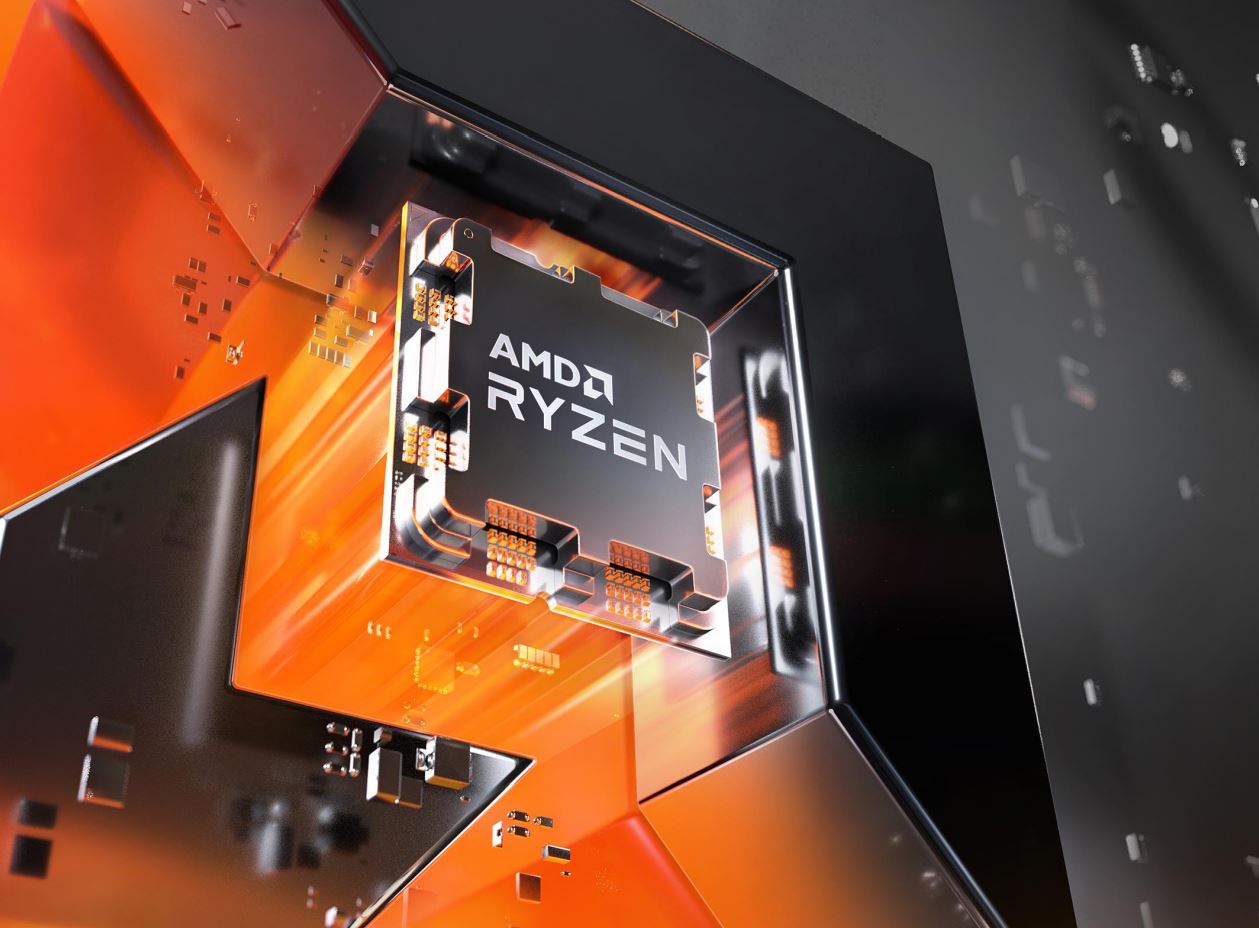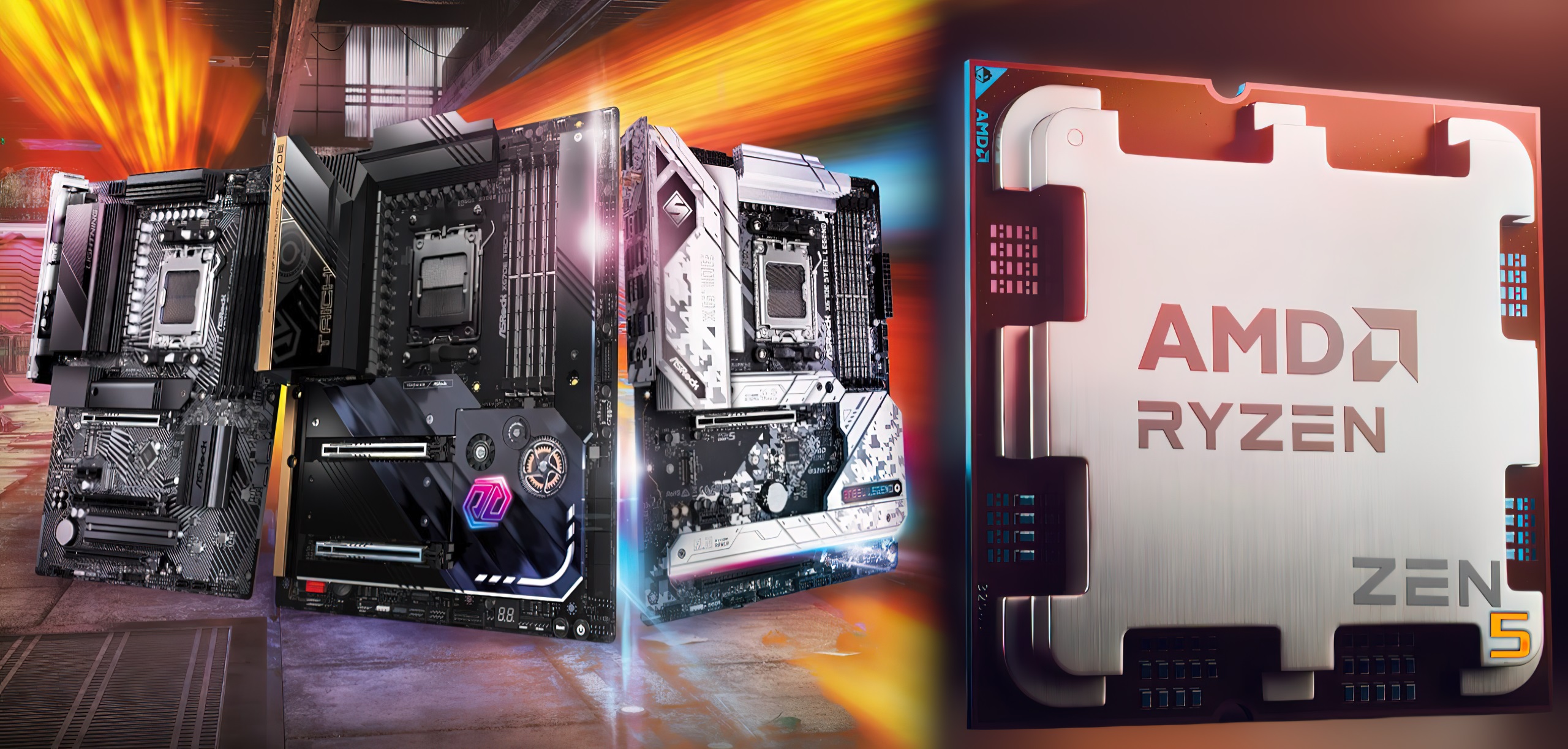- Mar 3, 2017
- 1,615
- 5,870
- 136
Because GB6 is irrelevant for the MT score.Why do people test on GB5 and not 6 by the way?
I7 12700 is the baseline for Geekbench 6 and scores 2500 STHow does that translate to GB6 ST?
Frankly, I am not sure what to think what's dumber: The fascination with Geekbench around here, or the hubbub about scores from hardware+firmware which is guaranteed to perform different from the real deal in various ways.This guessing on unverified ES or even earlier hardware is pointless, let alone arguing about. And not only unverified, but no real specs or conditions of the tests.
Strix Point's memory bandwidth bottleneck seems to grow with every single leak.Oddly, Strix Point seems to cap out at LPDDR5x-7500, while Halo supports up to LPDDR5X-8000 memory (256-bit bus),
These results are consistent.
AMD BIRMANPLUS - Geekbench
Benchmark results for an AMD BIRMANPLUS with an AMD Eng Sample: 100-000000994-14_N processor.browser.geekbench.com~520/GHzAMD BIRMANPLUS - Geekbench
Benchmark results for an AMD BIRMANPLUS with an AMD Eng Sample: 100-000000994-14_N processor.browser.geekbench.com
At 5.8G it will go beyond 3K, which is pretty awesome, around 21%-24% improvement on Stepping 0, may gain a couple of percent with new steppings and microcode updates.


50% more ALU does not guarantee 30-40% higher IPC, 50% more L1-D does not guarantee 30-40% higher IPC, 33% more Shipping/name change does not guarantee 30-40% higher IPC.
Nobody wants bulldozer-level performance for Zen5, but some people's expectations are too high, as is the case almost every time (especially in the case of Zen4). No one will change what Zen5 looks like, even those who only want a +5% IPC increase.
While Zen 5 is a significant redesign, it doesn't have to be so much of an upgrade that the IPC gain is around 30-40%.
He further maintains that the changes in Zen 5 are intended to enable continued steady IPC growth, and many still believe in the magical average 30-40% increase from generation to generation. They will fail here. My expectations for Zen5 are an average IPC increase of +20%.
This is Zen4 official slide from 2022:
View attachment 97794

AMD Ryzen 5 7600X has already been tested with Geekbench, 40% faster than 5600X - VideoCardz.com
AMD 6-core Zen4 debuts on Geekbench Less than 24 hours after the official introduction, AMD newest 6-core CPU is now listed on Geekbench. The Ryzen 5 7600X is an 6-core CPU with 4.7 GHz base clock and 5.3 GHz boost clock. In the latest leak, the CPU goes slightly beyond this frequency, reaching...videocardz.com
Despite GB5 utilize AVX512 that might push score a little bit higher(maybe ~3%), at 5.8GHZ score ~3000 which indicate 31% higher ST than Zen4, and this is just a Zen5 APU which has half L3 cache.
Yes. Any increase above 20% will be a pleasant surprise.I'm not expecting 30 - 40% IPC increase, but the 2 GHz score was only showing ~15% integer IPC increase which I think is too low given the changes in Zen 5. The new 2.33 GHz sample is showing a little higher IPC and comes out to be ~20% higher integer IPC than Zen 4. That's getting more in line with my expectations (~25%). Anything below 20% I think would be a big disappointment. If you get 30% or above, that would be a big surprise.
Correct me i I'm wrong but 2.33Ghz sample with half od the L3 cache (16MB) scored 1224pts in ST test. If it scaled perfectly to 5.7Ghz it should score 5.7/2.33 x 1224 ~= 2994 which is 30% higher than what DisEnchantment gets ( with Zen 4 that has 2x the L3 and running an optimized bios with good memory timings).I'm not expecting 30 - 40% IPC increase, but the 2 GHz score was only showing ~15% integer IPC increase which I think is too low given the changes in Zen 5. The new 2.33 GHz sample is showing a little higher IPC and comes out to be ~20% higher integer IPC than Zen 4. That's getting more in line with my expectations (~25%). Anything below 20% I think would be a big disappointment. If you get 30% or above, that would be a big surprise.
Correct me i I'm wrong but 2.33Ghz sample with half od the L3 cache (16MB) scored 1224pts in ST test. If it scaled perfectly to 5.7Ghz it should score 5.7/2.33 x 1224 ~= 2994 which is 30% higher than what DisEnchantment gets ( with Zen 4 that has 2x the L3 and running an optimized bios with good memory timings).
I checked 7500F vs 8600G GB5 ST results, and at the same clock the full L3 Zen 4 variant scores around 5% better. So my guess is that the GB5 ST improvement at the same clock is between 35% and 40% for a full Granite Ridge chip (32MB L3) vs Raphael.
I checked his 2G results and the scaling to 5.75Ghz is 0.952x (from a perfect 1x). Which aligns with 25% vs 30% uplift that I calculated.I'm looking at just the integer scores. Also, rather than extrapolating to a much higher frequency, I'm comparing DisEnchantment's score at 2 GHz. The close proximity of clocks (2.33 GHz vs. 2 GHz) allows a linear extrapolation between the two to be much more accurate. I'm not sure how much GB5 is effected by the additional L3 in the desktop Zen 4 CPUs, but I'm not expecting it to be that significant and also why I put the approximate IPC increase.
I checked his 2G results and the scaling to 5.75Ghz is 0.952x (from a perfect 1x). Which aligns with 25% vs 30% uplift that I calculated.
You can check GB5 browser for 7500F vs 8600G ST results - it's full Zen 4 with 32MB of L3 vs Zen 4 with 16MB L3. The difference is around 5% as they boost to the same ~5ghz ST boost.
Total score.Are you looking at the total score or just integer?
Total score.
I just checked integer scores of two STX samples:
Integer Score 829 @ 2GhzAMD BIRMANPLUS - Geekbench
Benchmark results for an AMD BIRMANPLUS with an AMD Eng Sample: 100-000000994-14_N processor.browser.geekbench.com
Integer Score 1011 @2.33AMD BIRMANPLUS - Geekbench
Benchmark results for an AMD BIRMANPLUS with an AMD Eng Sample: 100-000000994-14_N processor.browser.geekbench.com
It looks like the second sample scores 5% better than what GB5 data shows, probably boosting 5% higher than 2.33ghz (or something else is going on).
Here are two average samples of Zen 4 with different L3 capacity that boost to same 5Ghz. 32MB version gets around ~5% higher integer score (on Windows).My calculations are based on integer score only (as I mentioned previously) which shows less IPC gain than the total score. The .gb5 result shows it boosting to 2.33 GHz, so it's not boosting higher, these are just ES CPUs on unfinished platforms in unknown testing environments, so variations in performance (even IPC) is to be expected.
Here are two average samples of Zen 4 with different L3 capacity that boost to same 5Ghz. 32MB version gets around ~5% higher integer score (on Windows).
ASRock B650M Pro RS - Geekbench
Benchmark results for an ASRock B650M Pro RS with an AMD Ryzen 5 8600G processor.browser.geekbench.comASUS System Product Name - Geekbench
Benchmark results for an ASUS System Product Name with an AMD Ryzen 5 7500F processor.browser.geekbench.com
In addition to ASUS and MSI, we now also have Biostar, ASRock and Gigabyte onboard with AM5 BIOS update adding Zen5 support:We need to wait for more compatile BIOS releases. So far there was just a single one.

In addition to ASUS and MSI, we now also have Biostar, ASRock and Gigabyte onboard with AM5 BIOS update adding Zen5 support:

ASRock & Biostar Confirm AMD Ryzen 9000 "Zen 5" CPU Support With AM5 Motherboard BIOS
ASRock & Biostar have confirmed support for the next-gen AMD Ryzen 9000 "Zen 5" desktop CPUs with its latest AM5 motherboard BIOS.wccftech.com
The size of the BIOS has increased by almost 1.50 MB which represents the addition of large chunks of code which are necessary to support the Ryzen 9000 "Zen 5" Desktop CPUs.
It's interesting to note that the 2.33 GHz sample shows a regression in FP IPC over the 2 GHz sample but an improvement in Int IPC. Just another piece of data that says we need to take these results with the understanding that they are probably not representative of final performance.
Still a better baseline to model perf off!It's interesting to note that the 2.33 GHz sample shows a regression in FP IPC over the 2 GHz sample but an improvement in Int IPC. Just another piece of data that says we need to take these results with the understanding that they are probably not representative of final performance.
Ahem, looks like you’ve got a job to doThe samples are getting 1024@2G and 1224@2.33G. My 7950X gets 2300@5.75G Linux and 840@2G.
AMD BIRMANPLUS - Geekbench
Benchmark results for an AMD BIRMANPLUS with an AMD Eng Sample: 100-000000994-14_N processor.browser.geekbench.comAMD BIRMANPLUS - Geekbench
Benchmark results for an AMD BIRMANPLUS with an AMD Eng Sample: 100-000000994-14_N processor.browser.geekbench.com
I excluded the sample which got 1224@1.4G
Mistake mate, but I know you meant ~5.7G
Total score.
I just checked integer scores of two STX samples:
Integer Score 829 @ 2GhzAMD BIRMANPLUS - Geekbench
Benchmark results for an AMD BIRMANPLUS with an AMD Eng Sample: 100-000000994-14_N processor.browser.geekbench.com
Integer Score 1011 @2.33AMD BIRMANPLUS - Geekbench
Benchmark results for an AMD BIRMANPLUS with an AMD Eng Sample: 100-000000994-14_N processor.browser.geekbench.com
It looks like the second sample scores 5% better than what GB5 data shows, probably boosting 5% higher than 2.33ghz (or something else is going on).

Ahem, looks like you’ve got a job to do
On behalf of the AT forum we request you do this same test in Linux at 2.35ghz.


